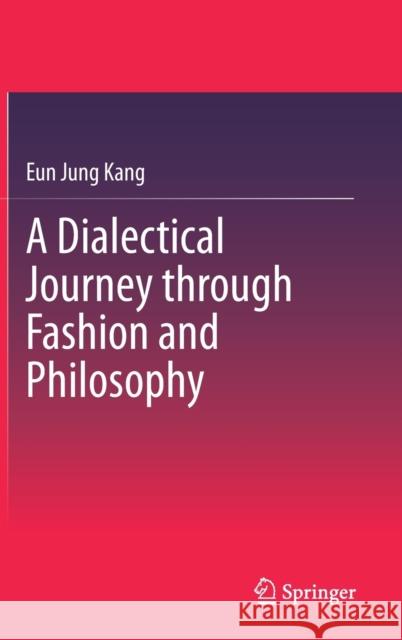A Dialectical Journey Through Fashion and Philosophy » książka
topmenu
A Dialectical Journey Through Fashion and Philosophy
ISBN-13: 9789811508134 / Angielski / Twarda / 2020 / 180 str.
A Dialectical Journey Through Fashion and Philosophy
ISBN-13: 9789811508134 / Angielski / Twarda / 2020 / 180 str.
cena 341,34
(netto: 325,09 VAT: 5%)
Najniższa cena z 30 dni: 327,68
(netto: 325,09 VAT: 5%)
Najniższa cena z 30 dni: 327,68
Termin realizacji zamówienia:
ok. 16-18 dni roboczych.
ok. 16-18 dni roboczych.
Darmowa dostawa!
Kategorie:
Kategorie BISAC:
Wydawca:
Springer
Język:
Angielski
ISBN-13:
9789811508134
Rok wydania:
2020
Wydanie:
2019
Ilość stron:
180
Waga:
0.46 kg
Wymiary:
23.39 x 15.6 x 1.27
Oprawa:
Twarda
Wolumenów:
01
Dodatkowe informacje:
Wydanie ilustrowane











